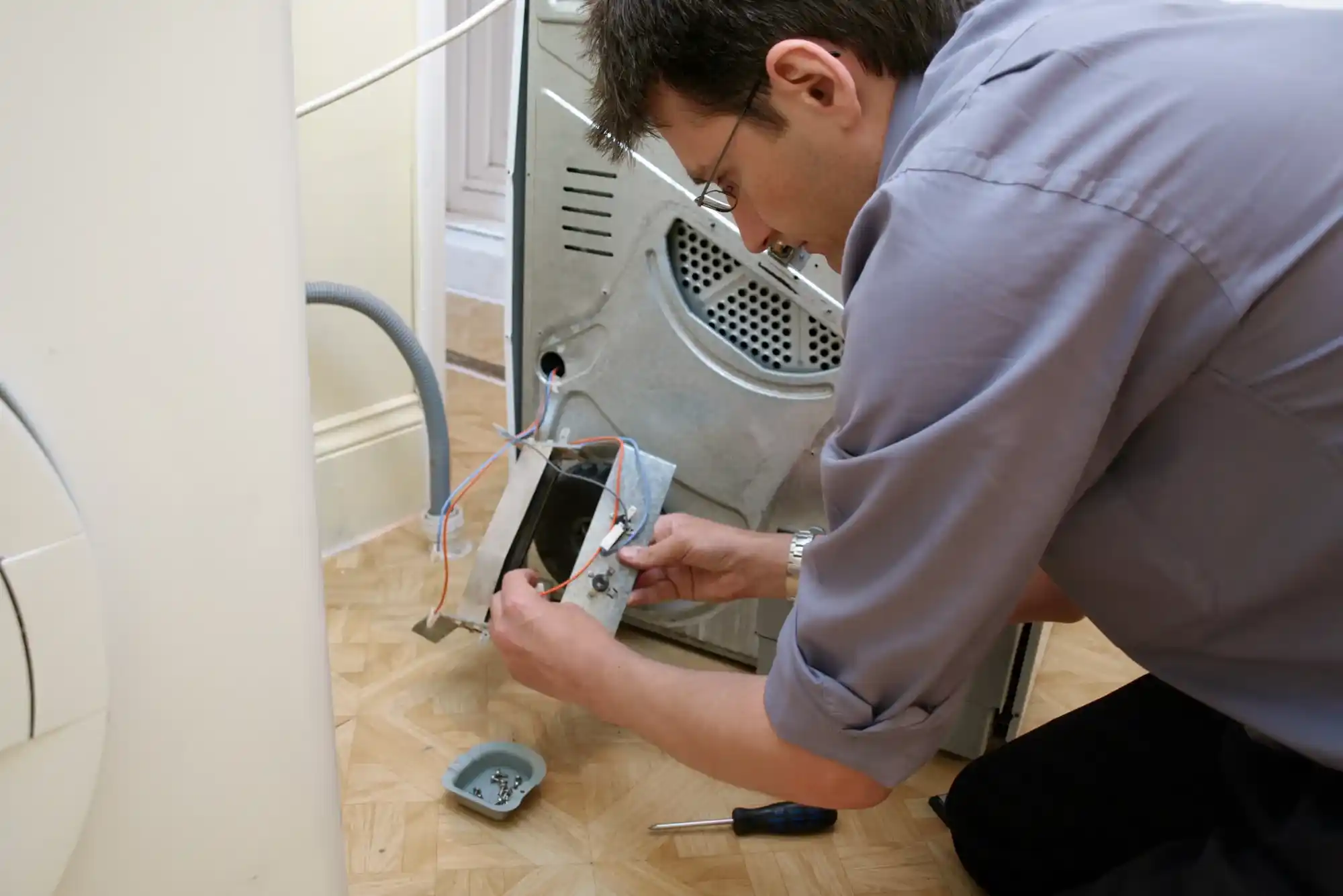Understanding Freon Leaks and Their Dangers
Freon, a refrigerant used in air conditioning systems, is essential for cooling but can pose serious health risks if leaked. A Freon leak releases harmful chemicals into the air, leading to headaches, dizziness, respiratory issues, and even long-term neurological damage. Detecting leaks early is crucial to ensuring your family’s safety. This guide covers how to identify Freon leaks, preventive measures, and expert solutions like AC repair Dubai.
Signs of a Freon Leak in Your AC
A Freon leak can be hazardous and difficult to detect because the gas is colorless and odorless. However, some common warning signs include:
- Weak Cooling Performance: If your AC struggles to cool, a refrigerant leak might be the culprit.
- Hissing Sounds: A high-pitched hissing or bubbling sound often indicates a leak.
- Frozen Evaporator Coils: Lack of Freon causes ice buildup on the AC unit.
- Unusual Increase in Electricity Bills: A leaking AC repair dubai works harder, leading to higher energy consumption.
- Health Symptoms: Frequent headaches, nausea, and difficulty breathing could be due to Freon exposure.
If you notice any of these signs, immediate action is necessary to prevent further damage and exposure to toxic air.
Step-by-Step Guide to Detecting Freon Leaks
Visual Inspection
Begin by checking your AC unit for any visible signs of damage, such as oil stains around refrigerant lines or ice buildup on the evaporator coils.
Listen for Hissing or Bubbling Sounds
Turn off any background noise and listen closely to your AC unit. A hissing sound usually indicates a small leak, while bubbling sounds may suggest a more significant issue.
Use Soap Solution for Leak Testing
Mix a small amount of dish soap with water and apply it to refrigerant line connections. If bubbles form, it confirms a leak.
Electronic Leak Detector
A specialized electronic Freon leak detector can accurately identify leaks. Professionals often use this tool for precise detection.
Ultraviolet (UV) Dye Test
HVAC professionals inject UV dye into the system and use a UV light to detect leaks, ensuring no hidden leaks are missed.
Seek Professional AC Repair Services
For persistent issues, contact experts like Barakat Al Dar Repairing for a thorough inspection and repair.
How to Prevent Freon Leaks and Protect Your Family
Taking proactive steps can help minimize the risk of Freon leaks:
- Schedule regular AC maintenance to detect minor leaks early.
- Avoid DIY repairs, as incorrect handling can cause leaks.
- Ensure proper AC installation by certified technicians.
- Use high-quality refrigerant lines to prevent corrosion.
- If moving into a new home, inspect the HVAC system for existing leaks.
FAQs About Freon Leaks
Q: How do I know if my AC is leaking Freon?
A: Common signs include weak cooling, hissing noises, frozen coils, and higher electricity bills.
Q: Can a Freon leak be dangerous?
A: Yes, exposure to Freon can cause dizziness, nausea, and breathing issues, requiring immediate attention.
Q: Can I fix a Freon leak myself?
A: No, handling refrigerants requires professional expertise. Contact an expert like Barakat Al Dar Repairing Location for assistance.
Q: How often should I check my AC for leaks?
A: Schedule a professional AC check-up at least once a year to ensure your system is leak-free and efficient.
By following these steps and seeking expert help, you can effectively detect Freon leaks, protect your family from toxic air, and ensure a safe and efficient cooling system.





